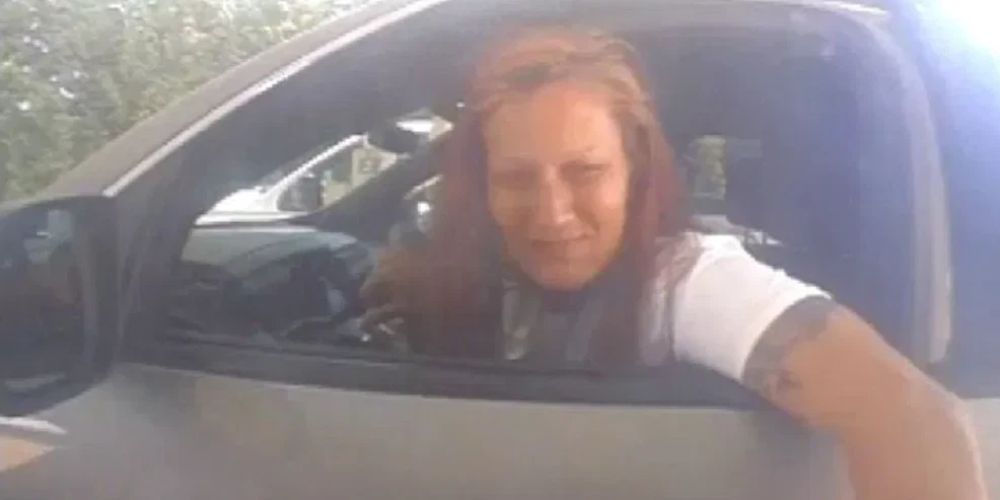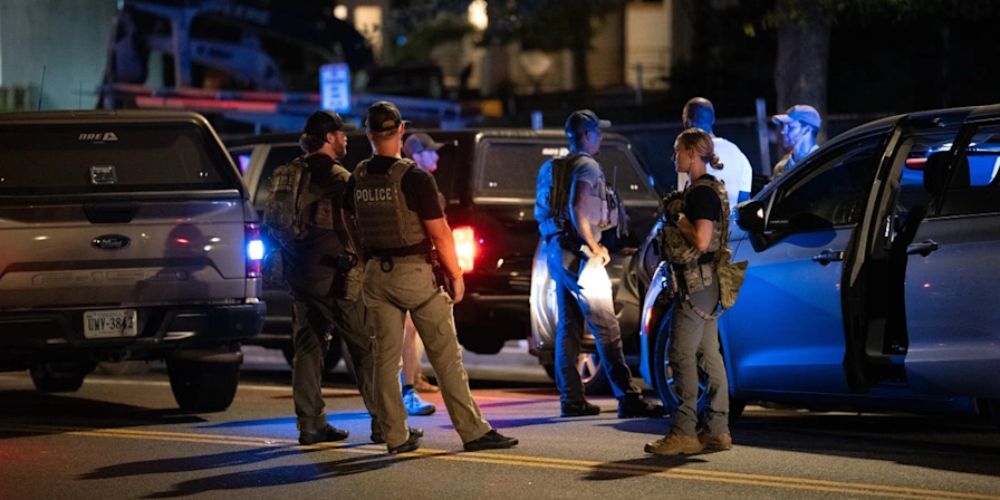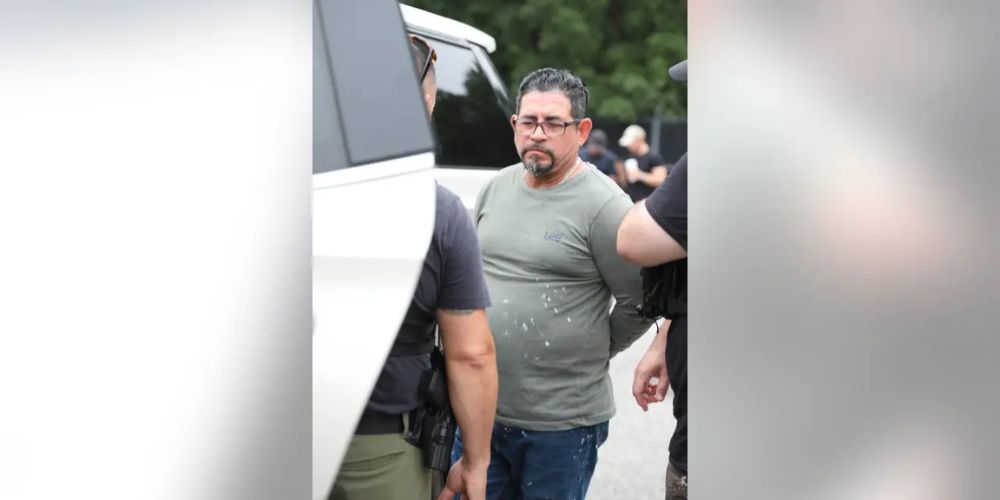A woman is accused of fraud in central Pennsylvania for her involvement with the nationally known “Felony Lane Gang.”
Aireyonna Galicia, a 30-year-old from Baltimore, has a warrant out for her arrest after being identified as the suspect in an identity theft and forgery investigation that troopers believe is linked to the gang.
Troopers began their investigation when a victim reported that her purse had been stolen from her car in the Gettysburg YMCA parking lot on June 20.
The purse contained her Adams County National Bank (ACNB) debit card and her driver’s license, and the theft was reported to the Cumberland Township Police Department in Adams County.
According to court documents, the victim was told by her bank a few days after the theft that many transactions had been made in her name by an unknown female impersonating her and cashing checks.
Troopers reported the fraudulent withdrawal of more than $16,000 from six separate ACNB Bank facilities in Adams County. The bank also reportedly suffered financial losses as a result of the suspected offenses.
Another victim in this case was located after state police reported she had her checkbook stolen. According to court filings, the first victim received a stolen check made out to her. It was redeemed for almost $2,500.
On June 20 and 21, all checks payable to the first victim were presented for cash at different branch locations.
On June 24, ACNB Bank received notification that the checks written on the other victim’s account had been returned as “stop payment.” The victim was notified about the scam, and troopers found that all parties involved, including the bank, were victims of “Felony Lane Gang” activity.
Galicia is accused of forging checks from the second victim’s account and making them payable to the first victim, then impersonating her using that person’s driver’s license.
According to Galicia’s criminal affidavit, the bank confirmed a total loss of $16,860 and produced copies of each check, as well as CCTV footage of her utilizing the drive-through at each location.
Troopers analyzed the tape and identified Galicia using descriptions, social media, and facial recognition technology.
State police added that additional analysis proved her identification for the second time, revealing social media usernames. According to troopers, the tattoos displayed on surveillance were the same as those shown on her social media pages.
According to court filings, she was also seen wearing the same ring shown on Facebook during the thefts.
Because of these determinations made by state police, troopers charged Galicia with the following:
- Forgery
- Theft by deception, false impression
- Identity theft
- Receiving stolen property
The allegations were filed on July 14, and Galicia is still at large, according to court records.
According to Immigrations and Customs Enforcement (ICE), the “Felony Lane Gang” is an organized crime group of thieves who travel around the country taking identities and checkbooks from abandoned cars, sometimes known as “smash-and-grabs.”
The gang is known to use stolen checkbooks and licenses to cash checks at bank drive-through lanes. According to ICE, the suspects were nicknamed after entering the farthest lane in bank drive-throughs, known as the “felony lane” by bank tellers.
Accounts indicate that many of the recruited members are drug users.
Despite being based in Fort Lauderdale, Florida, many Pennsylvanians recall their exploits in the 2010s. Some inquiries in our area began two years ago.
In 2014, federal authorities announced the punishment of the gang’s final member from Pennsylvania. The ten individuals charged in the indictment committed crimes in the Commonwealth between August and October 2012, stealing the identities of over 100 people.
The smash-and-grabs took place at around 25 different state parks and recreation centers throughout central Pennsylvania.
The group was known to target mothers in places like daycares, fitness centers, and other recreational facilities.











Leave a Comment